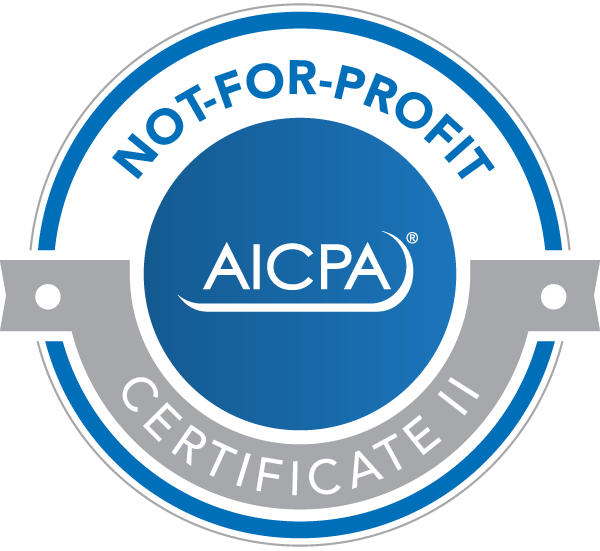The economic impact of the novel coronavirus (COVID-19) is unprecedented and many taxpayers with student loans have been hard hit.

The Coronavirus Aid, Relief and Economic Security (CARES) Act contains some assistance to borrowers with federal student loans. Notably, federal loans were automatically placed in an administrative forbearance, which allows borrowers to temporarily stop making monthly payments. This payment suspension is scheduled to last until September 30, 2020.
Tax deduction rules
Despite the suspension, borrowers can still make payments if they choose. And borrowers in good standing made payments earlier in the year and will likely make them later in 2020. So can you deduct the student loan interest on your tax return?
The answer is yes, depending on your income and subject to certain limits. The maximum amount of student loan interest you can deduct each year is $2,500. The deduction is phased out if your adjusted gross income (AGI) exceeds certain levels.
For 2020, the deduction is phased out for taxpayers who are married filing jointly with AGI between $140,000 and $170,000 ($70,000 and $85,000 for single filers). The deduction is unavailable for taxpayers with AGI of $170,000 ($85,000 for single filers) or more. Married taxpayers must file jointly to claim the deduction.
Other requirements
The interest must be for a “qualified education loan,” which means debt incurred to pay tuition, room and board, and related expenses to attend a post-high school educational institution. Certain vocational schools and post-graduate programs also may qualify.
The interest must be on funds borrowed to cover qualified education costs of the taxpayer, his or her spouse or a dependent. The student must be a degree candidate carrying at least half the normal full-time workload. Also, the education expenses must be paid or incurred within a reasonable time before or after the loan is taken out.
It doesn’t matter when the loan was taken out or whether interest payments made in earlier years on the loan were deductible or not. And no deduction is allowed to a taxpayer who can be claimed as a dependent on another taxpayer’s return.
The deduction is taken “above the line.” In other words, it’s subtracted from gross income to determine AGI. Thus, it’s available even to taxpayers who don’t itemize deductions.
Document expenses
Taxpayers should keep records to verify eligible expenses. Documenting tuition isn’t likely to pose a problem. However, take care to document other qualifying expenditures for items such as books, equipment, fees, and transportation. Documenting room and board expenses should be simple if a student lives in a dormitory. Student who live off campus should maintain records of room and board expenses, especially when there are complicating factors such as roommates.
Contact us if you have questions about deducting student loan interest or for information on other tax breaks related to paying for college.
- Evaluate whether a Health Savings Account is beneficial to you - September 19, 2023
- Investment swings: What’s the tax impact? - September 12, 2023
- Plan now for year-end gifts with the gift tax annual exclusion - September 5, 2023
- Selling your home for a big profit? Here are the tax rules - August 29, 2023
- The tax consequences of employer-provided life insurance - August 22, 2023









